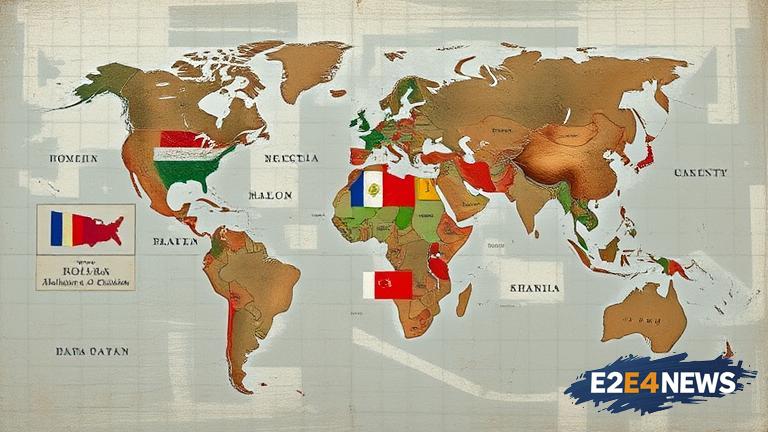The issue of foreign names has been a longstanding problem in administration and identity proof. Many individuals with foreign names face difficulties when trying to access government services, open bank accounts, or apply for jobs. The main reason for this confusion is the lack of standardization in the way foreign names are recorded and verified. In many countries, including Australia, the use of foreign names is not well accommodated in administrative systems, leading to errors and inconsistencies. This can result in individuals being unable to access essential services or being misidentified. The problem is further complicated by the fact that many foreign names have different formatting and spelling conventions. For example, some cultures place the family name first, while others place it last. This can lead to confusion when trying to verify identities or match names across different databases. Furthermore, the use of non-English characters and accents can also cause problems, as many administrative systems are not equipped to handle these characters. The Australian government has recognized the need to address this issue and has implemented measures to improve the handling of foreign names. However, more needs to be done to ensure that individuals with foreign names are able to access services and exercise their rights without facing unnecessary barriers. One possible solution is the implementation of a standardized system for recording and verifying foreign names. This could involve the use of international standards for naming conventions, as well as the development of more sophisticated software for handling non-English characters and accents. Additionally, there is a need for greater awareness and training among administrative staff, to ensure that they are equipped to handle foreign names correctly. The issue of foreign names is not just a technical problem, but also a cultural and social one. It highlights the need for greater diversity and inclusivity in administrative systems, and for a more nuanced understanding of the complexities of identity and culture. By addressing this issue, we can help to promote greater social cohesion and equality, and ensure that all individuals are able to access the services and opportunities they need. The use of foreign names is an important aspect of cultural identity, and it is essential that we find ways to accommodate and respect this diversity. In conclusion, the confusion caused by foreign names in administration and identity proof is a complex issue that requires a multifaceted solution. It involves not just technical fixes, but also a deeper understanding of the cultural and social context in which names are used. By working together to address this issue, we can help to create a more inclusive and equitable society, where all individuals are able to thrive and reach their full potential. The Australian government has a critical role to play in this process, and it is essential that they continue to work towards finding solutions to this problem. Ultimately, the goal should be to create a system that is able to accommodate and respect the diversity of names and cultures, and to ensure that all individuals are able to access the services and opportunities they need. This will require a sustained effort and commitment, but it is essential for promoting social cohesion and equality. The issue of foreign names is not just a local problem, but a global one, and it requires a coordinated and international response. By working together, we can help to create a more just and equitable world, where all individuals are able to thrive and reach their full potential.
